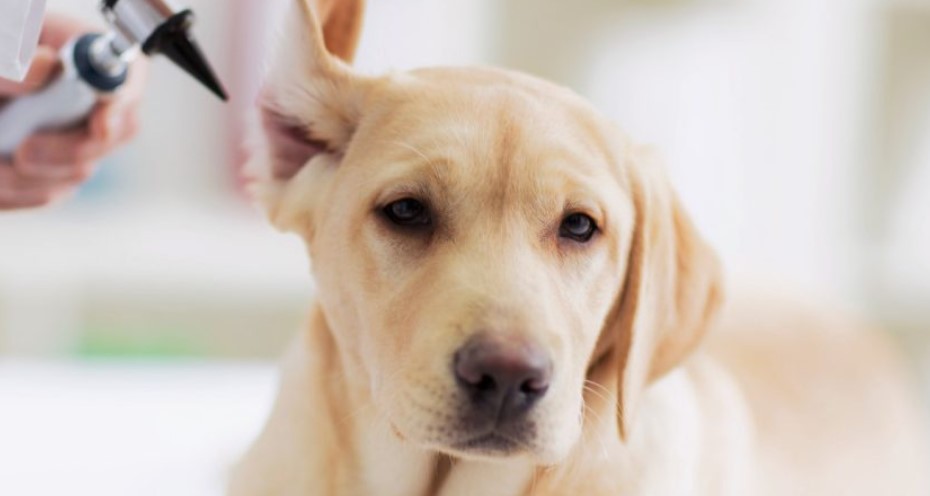If you know in advance what diseases a Labrador can be susceptible to, it will be much easier to recognize their symptoms. Early diagnosis is known to be the key to successful treatment and quick recovery.
Labrador Retriever Health Problems

In most cases, Labradors are quite strong and hardy dogs with good immunity. Among them, individuals who have inherited malformations or a tendency to form a particular pathology are rarely found. But as for all living beings, diseases are not alien to them.
Most often, the owners of Labradors turn to the veterinarian with complaints about the following problems in the body of their pets:
Indigestion
The most common digestive problems in Labradors are:
- upset stool;
- gastritis, including chronic;
- enterocolitis;
- the formation of stones in the gallbladder;
- cirrhosis of the liver.
All manifestations of problems with the gastrointestinal tract must be discussed with a veterinarian. Self-treatment without an accurate diagnosis can have extremely dire consequences.
Dermatological Diseases
Representatives of this breed are highly susceptible to the formation of skin diseases. Most often, all dermatological pathologies are associated with the activity of fungi and bacteria. Untreated eczema often develops into dermatitis. Seborrhea is formed due to excessive sebum production, which is manifested by the formation of dandruff on the surface of the skin, clumping of the coat, and the appearance of an unpleasant odor from it.
Follicular alopecia is caused by lice, ticks, and fleas. This pathology manifests itself in hair loss and scabies. Most often, these pathologies affect puppies and dogs with weak immunity.
Important! Regular care of the dog and feeding the animal with high-quality dry food or natural food in which the ingredients of the dishes are selected correctly help prevent the development of skin pathologies.
Inherited Diseases
Although not often, it is still possible to meet a Labrador with a genetic disease. It is difficult to recognize such pathologies in the early stages; it is completely impossible to prevent their appearance. Most often from parents to puppies go:
- obesity tendency;
- eye diseases;
- dysplasia of the joints.
Important! Obesity is one of the “favorite” problems of Labradors. Overeating does not always result in excess weight. Sometimes a set of kilograms in excess is due to the fact that the thyroid gland is not working at full strength.
Infections
It is the development of infectious diseases that are easiest to prevent. For this, the owner must monitor the hygiene of the dog, especially the puppies. Vaccinations delivered at an early age will also become a “shield” from viruses and bacteria.
On walks, the dog should not be allowed to drink water from puddles or dirty bodies of water. It is unacceptable to eat foods of unknown origin. Dogs should not be allowed near garbage cans and basements. You should also avoid contact with animals living on the street.
Ear Diseases
Infectious processes occurring in the middle and inner ear of Labradors are increasingly becoming the reason for contacting a veterinarian. Bacterial and viral primary and secondary infections provoke similar pathologies.
The first sign that not everything is in order with the ears is incessant attempts to comb the sore spot. At the first symptoms, you must seek qualified veterinary help. If the disease is started, the probability of complete removal of the auricle is high.
In addition to the problems described above, Labradors often experience allergies. Reactions to food, household chemicals, and medications can manifest in redness of the eyes, respiratory failure, rapid heartbeat, redness of the mucous membranes and skin.
Labradors are among the long-lived. In order for a pet to please its owner as long as possible, it should be careful and loving towards the one “whom he has tamed.”

